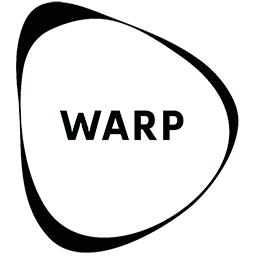
🤝🏽 Interconnection: a key for the 21st century challenges
How the world is increasingly interconnected and why the best results can be obtained when working not only for yourself but for the whole planet.
Share this story!
After centuries of history, evolution, and inventions, each person's way of life is increasingly connected with the rest of humanity.
Even if our perception can be that everyone pursues their own interests separately, in reality, all the products that we can buy for our livelihood, as well as our job, are the result of a very complex organization and production chain extending to all corners of the Earth.
Our current way of life only makes sense as a complex system of relationships, as a species.
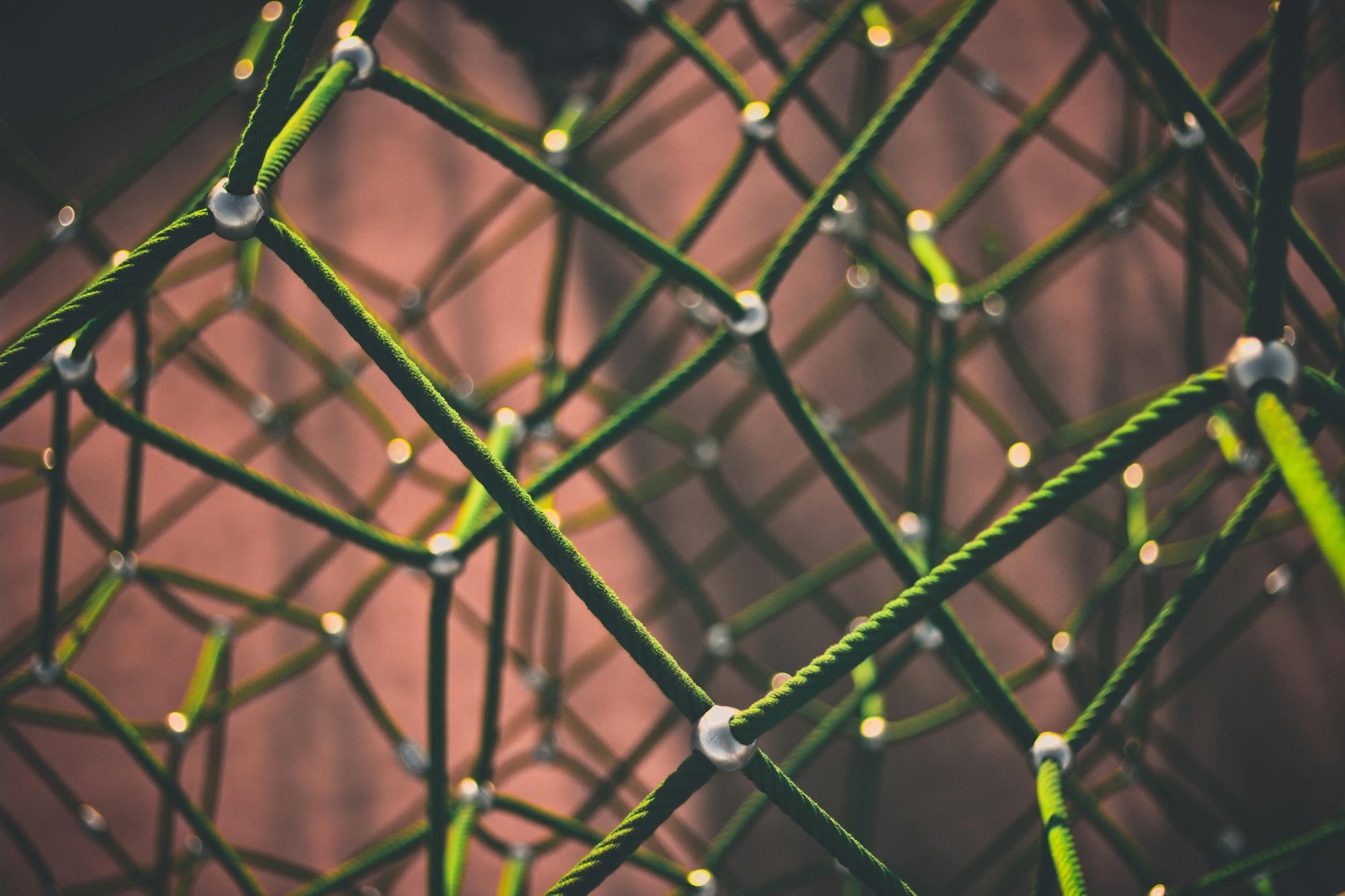
Indeed, the best results in history were achieved when we reasoned as species and not as individuals.
How deep is the network of relationships?
What we understood
In recent years, especially with the climate issue, humanity reached two conclusions that now seem obvious but are actually epochal:
- All of us human beings, the surrounding environment, every living being on the planet, and every single atom are part of the same finely interconnected system.
- Every action we take, every CO2 molecule put into the atmosphere, can lead to severe consequences for all the inhabitants of the planet.
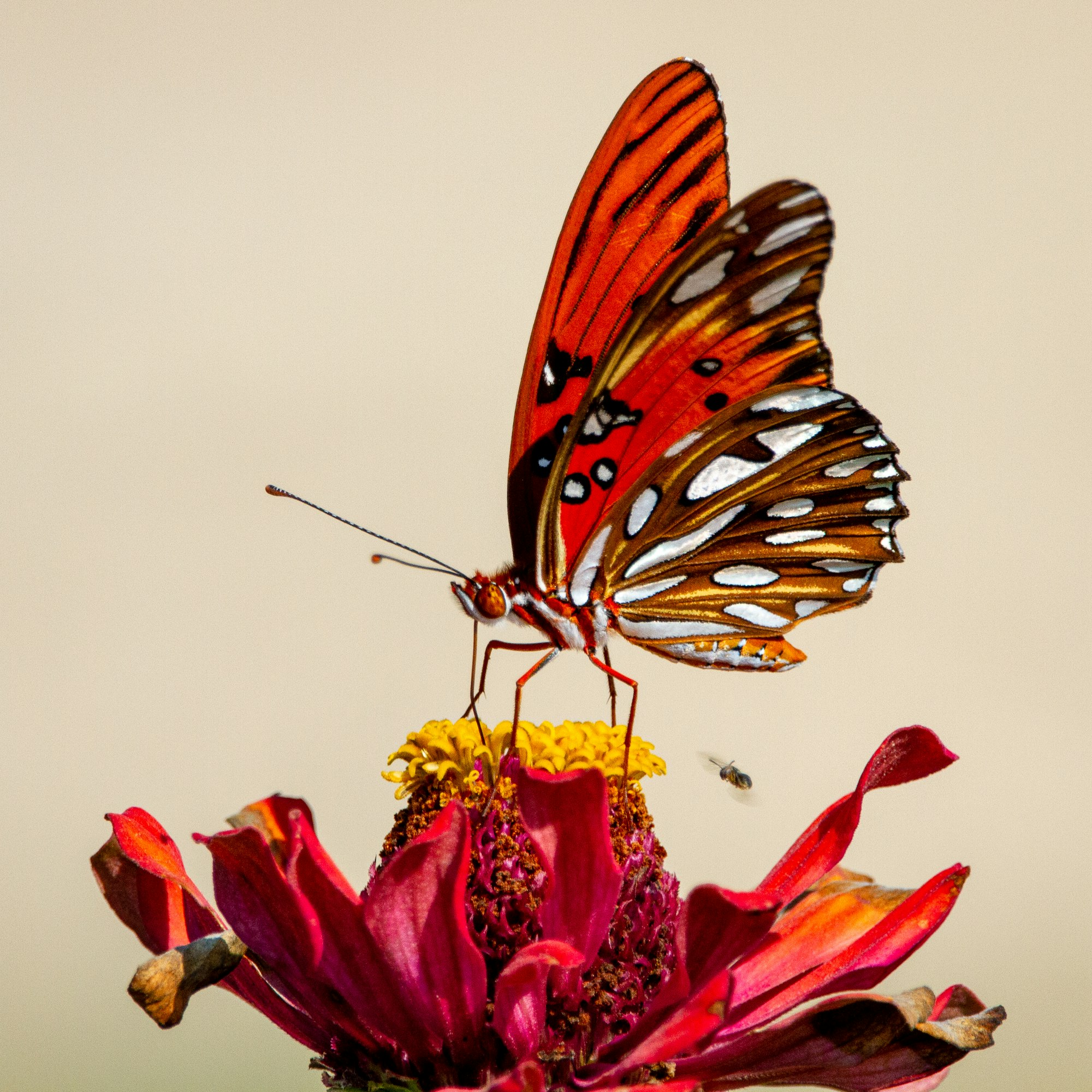
In reality, human beings had long ago chosen to be deeply interconnected.
How a revolution merged all of us
Let's go back to 1969. The US Department of Defense founds the ARPANET project, a computer network for the development of new technologies for military use in the Cold War. While the military's ultimate goal was certainly divisive, the ARPANET is considered the father of the internet.
Although the first website was only published in 1991 by the famous professor Tim Berners-Lee, in reality, we have been rapidly connected through technology for much longer, since in 1858 the Atlantic Telegraph Company completed the laying of the first submarine cable for communication by telegraph.
The whole digital and information revolution, the biggest revolution in the last years, was made to create links, and share ideas and data. Now we are all on the world wide web, we can exchange information, notions, and photos as we please, we are aware of this.
With the new Internet of Things technologies and Industry 4.0, machines are now also connected to the network and can be controlled remotely. We have also included technology, our arm, within the set of connected entities.
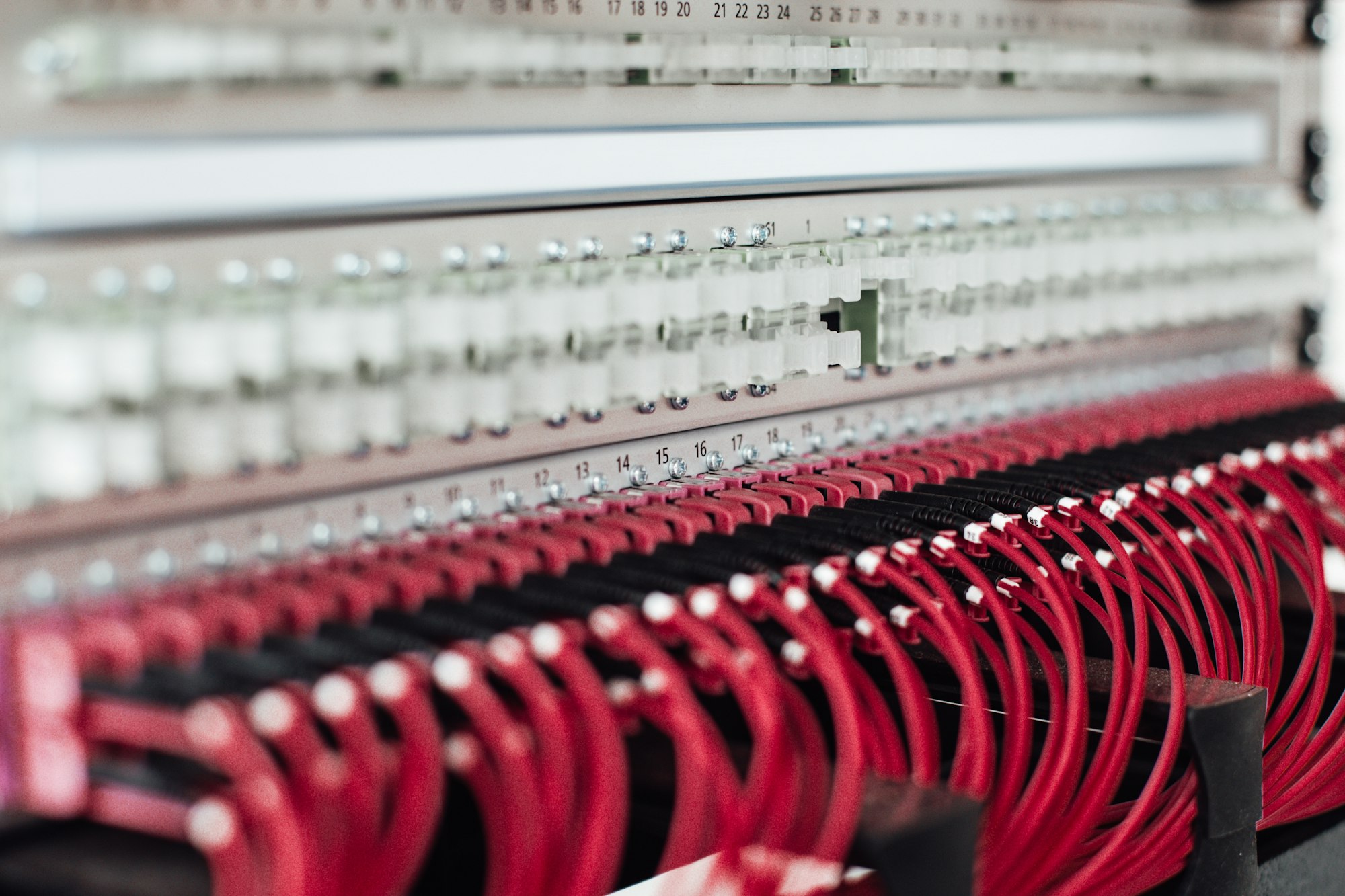
Over the last few centuries, we have built a world where the flow of information anywhere is essential for weaving our common ties, reducing distances in the world by "shrinking it", and making our society more efficient.
Cooperation forms
The very foundations of our society rest more on cooperation than on individualism. The states as well as the firms and the market economy are indeed strong forms of aggregation.
Above all, transnational bodies such as the EU, the UN, and COP22 are the latest-invented forms of cooperation to achieve the wellness of all living beings on the planet.
Just think of the Green New Deal, cooperation projects, state welfare, public services, the possibility of having exotic foods through global trade, and the division of labor.
They may not work well, and there may be corruption, greed, and selfishness, but these models are made to unite humans through cooperation, welfare, and common action.
Some examples can clearly show how these tools can be used even better for the common good.
The 10 oil commandments
A very famous macroeconomic theory is the curse of raw materials: countries rich in raw materials are more subject to market fluctuations and therefore to impoverishment because the real value is created by economies based on the transformation and manufacturing of goods, which therefore control the prices.
Let's consider Norway, a historically oil-rich nation. In 1971, just before extraction began, it promulgated the "10 oil commandments". It was established that the extracted oil should remain under the direct control of Norway, and an oil-based industry should be developed to extend the benefits to all Norwegian society, but also ensure the protection of the environment locally.

Today Norway is one of the most thriving economies, with less inequality and a more protected environment. For many other nations, even richer in oil, things have gone worse, probably because they have not been able to collaborate as well as Norway for the common good.
Distributed intelligence
Even though the vast majority of firms in the world use a top-down logic, in which decisions are made hierarchically and there is a clear chain of command, some companies, even large and flourishing ones, use different and more participatory methods.
Visa Inc. was founded with a business model inspired by the complexity of biological systems, with distributed governance and equal shares for all participants. Its structure has been defined with the neologism "chaordic" by its founder Dee Hock, as it is based on the tension between competition and cooperation of its members, always hovering between maximizing creativity and survival.
The Toyota Production System is a famous example of widespread intelligence. In Toyota, work is organized with a low hierarchy, so each work group is responsible for its own phase of the production process and can choose autonomously how to improve it by cooperating, always keeping the overall picture.
A key point in Toyota is the Jidoka philosophy, i.e. the automation of machines, which leads the worker not to have to deal with just one machine but with the whole department. The just-in-time logic instead leads to the coordination between two phases of the logistics-production cycle, between customer and supplier.

This innovative, efficient but mostly cooperative method brought a small Japanese company to the top of the market, inspiring the production innovation philosophy known as Lean production, now widespread worldwide.
Reconnecting to our planet
At a technological and economic level, the interconnection in our society is very broad. The virtuous examples of Toyota, Visa and Norway show how it can be used for the common good.
By now we know, we are convinced, to be interconnected between all of us and with the whole planet. Why not make the most of this idea to face climate change, the great challenge of this century?
The win-win logic
Using the means created by technology and digitization, making better use of the amount of data at our disposal, can be very useful.
But above all there are new cooperative models of business, city, product supply, and research that can bring huge benefits both to us and to the environment:
- Circular economy: sharing of raw materials between originally separate industrial sectors to improve their efficiency and reduce the need.
- Industrial symbiosis to share local resources such as heat, electricity, and water to reduce waste in a city district.
- Sharing economy, in which the manufacturers sell a service shared among all the users instead of the product itself to maximize its use.
- Open innovation to share the best ideas and co-create innovations in order to foster the best ideas.
These models are characterized by a win-win logic because each of these examples of sharing can lead to a large increase in business, new jobs, greater local autonomy as well as lower environmental impact.

To learn more about the topic:

The challenge of the twenty-first century
So, to improve our decision-making, the best procedure is not to think only about the instantaneous impact on ourselves. Rather, could be better to reason as a large interconnected organism, so thinking about the global fallout over a long time frame.
A great change is required for humanity, according to Tenzin Gyatso, XIV Dalai Lama:
I believe that to meet the challenge of the next century, human beings will have to develop a greater sense of universal responsibility. Each of us must learn to work not only for himself, for his family or his nation, but for the benefit of all humanity.
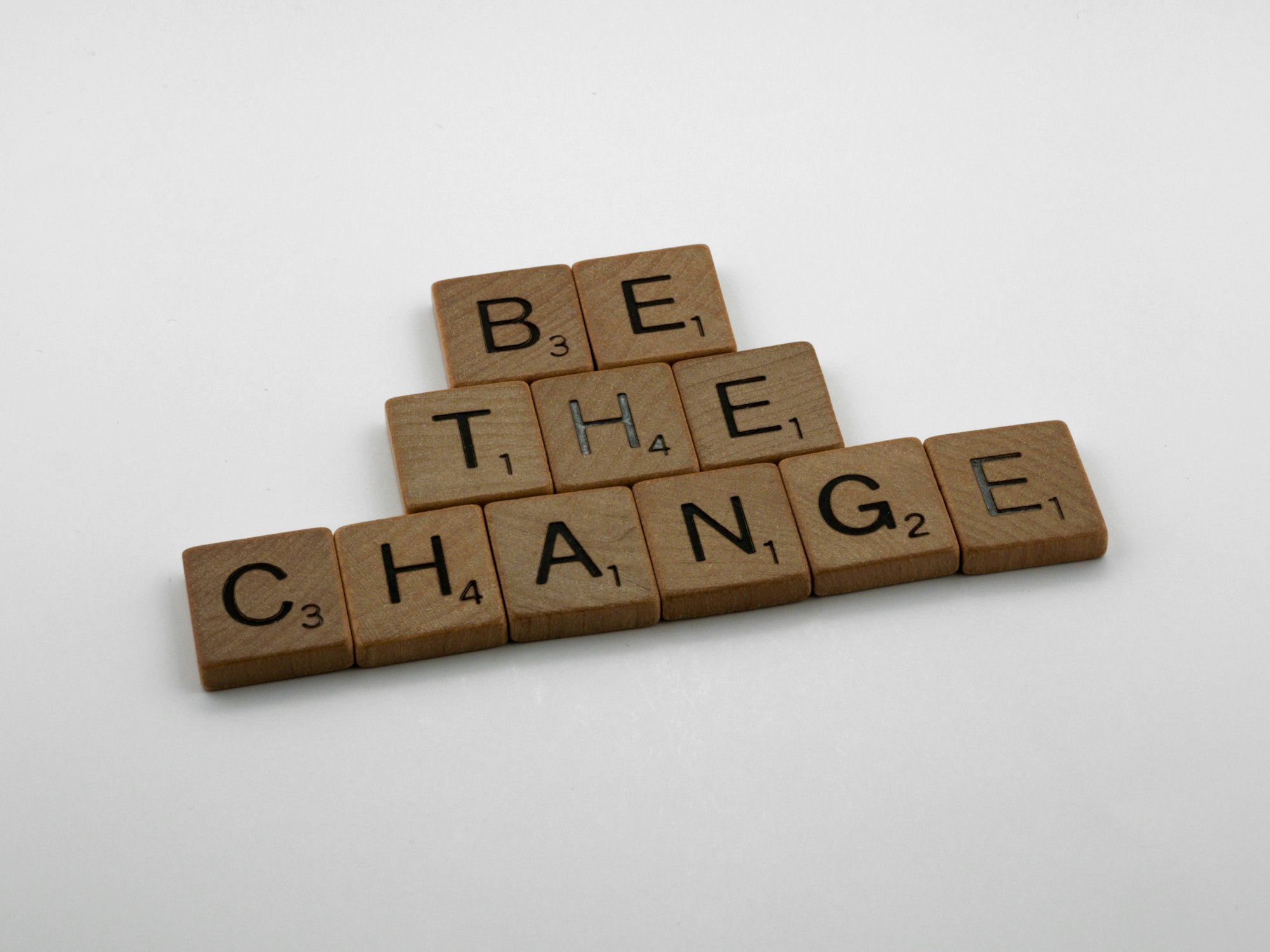
By becoming a premium supporter, you help in the creation and sharing of fact-based optimistic news all over the world.
